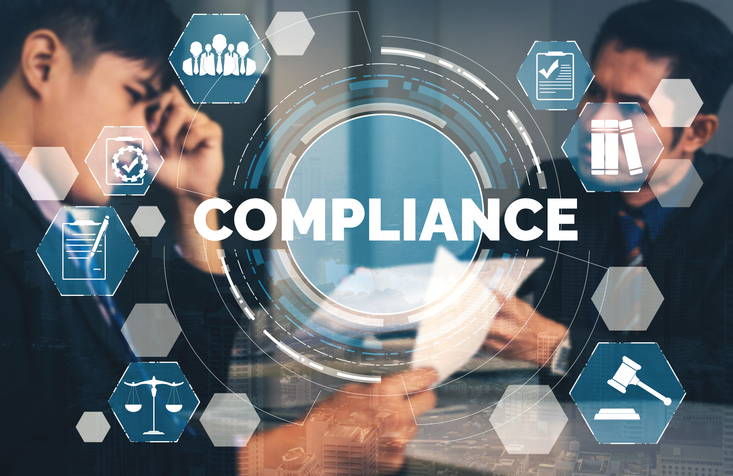Organizations of all sizes are engaged in cross-border business. With this comes the responsibility to comply with regulations that ensure ethical and lawful global trade practices. One of the most critical regulatory bodies is the Office of Foreign Assets Control (OFAC), which enforces U.S. sanctions programs and monitors international financial transactions. For businesses involved in international operations, understanding global trade OFAC compliance is essential to reduce risk, avoid costly penalties, and maintain corporate integrity.
What is OFAC in Global Trade?
OFAC, part of the U.S. Department of the Treasury, administers and enforces economic sanctions against targeted countries, entities, and individuals. These sanctions are put in place to support U.S. foreign policy and national security objectives. In the context of global trade, OFAC regulations apply to companies, banks, and even individuals who conduct international business, whether through direct trade, investments, or financial transactions.
For example, OFAC maintains the Specially Designated Nationals (SDN) list, which prohibits U.S. entities from doing business with blacklisted individuals, companies, or governments. Violating these rules—even unintentionally—can result in significant fines and reputational damage.
Why Global Trade OFAC Compliance Matters
Non-compliance with OFAC sanctions can be devastating for organizations. Beyond the financial penalties, companies risk losing public trust, damaging stakeholder relationships, and facing operational disruptions. Some key reasons OFAC compliance in global trade is critical include:
- Risk Management: Helps organizations avoid exposure to high-risk business partners.
- Legal Protection: Ensures compliance with U.S. laws and international trade regulations.
- Reputation: Demonstrates corporate responsibility and ethical business conduct.
- Operational Continuity: Reduces the chance of sanctions-related interruptions.
Best Practices for Global Trade OFAC Compliance
To stay compliant, organizations should build robust processes that monitor and manage international transactions. Here are some best practices for OFAC compliance:
- Screening Tools: Regularly screen customers, vendors, and financial transactions against OFAC’s SDN list.
- Employee Training: Provide ongoing OFAC training to help employees understand red flags and reporting procedures.
- Internal Policies: Develop clear guidelines for conducting due diligence on international partners.
- Regular Audits: Assess compliance programs to identify gaps and areas of improvement.
- Collaboration Across Departments: Encourage open communication between compliance, legal, finance, and operations teams.
Building a Culture of Compliance
Compliance isn’t just a box to check—it’s a cultural value. When employees understand the importance of global trade OFAC regulations, they’re more likely to identify risks and escalate issues appropriately. Embedding compliance training into everyday business operations fosters awareness, accountability, and ethical decision-making.
Final Thoughts
The complexities of global trade OFAC compliance require vigilance and proactive strategies. Organizations that prioritize sanctions compliance not only avoid penalties but also strengthen their reputation as ethical global business leaders. With the right policies, training, and monitoring in place, companies can confidently engage in international trade while upholding U.S. and global standards.








